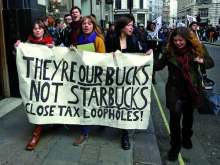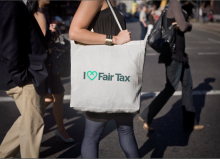The cap on the much-criticised tax relief for entrepreneurs who sell on their business has been reduced from £10 million to £1 million. Almost three-quarters of the cost of the tax relief went to 5,000 people, and the reform is expected to raise £6.3 billion over five years, but it remains to be seen whether the changes have gone far enough.
The Government also, as expected, shelved its plans to cut income tax from 19% to 17%, securing an extra £7.5 billion for the treasury by 2024–25. However, while this is positive, the UK still has the lowest headline rate of corporation tax in the G20.
And the Digital Services Tax is still going ahead – now paid at the end of the year, with an expected take of £300million in 2020–21, and £400million the year after. While there is a critical need for internationally co-ordinated reform of this market (not least the tax dodging of the likes of Google and Facebook), it is good to see some small progress being made on this.
There were also a number of positive changes elsewhere in the budget, with an extra 1,300 staff being employed at HMRC to improve collection, aimed at collecting an extra £4.6billion over the next five years. Companies will also be obliged to flag up “computations” in their accounts – such things as transfer pricing which could lead to the tax outcome being challenged.
Interestingly, there was a promise to “raise standards” in the market of tax advice, with a call for evidence in the spring about the providers of tax advice, current standards upheld, and the effectiveness of the Government’s efforts to support those standards.
Caution and vigilance are still very much required given the stated ambition of many in Government to drive the UK economy towards being a “Singapore-on-Thames”. Indeed, the 100% first-year capital relief on investments within Enterprise Zones has been extended until at least 31 March 2021 – a budget decision that would sit much better with the cowboy capitalism idea of freeports than with firmer action on tax compliance.
UK Budget steers clear of fullblown tax haven approach (for now)

With so many different issues fighting for prominence, it was significant to see a number of changes on tax in Rishi Sunak’s first Budget – and several of them were positive changes, at least on the surface.
Five new certifications for Fair Tax Mark
Severn Trent
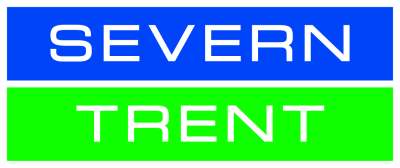
Severn Trent, one of the UK’s largest water companies, servicing more than 4.3 million homes and businesses in the Midlands has been awarded the Fair Tax Mark. It becomes the third FTSE 100 listed organisation to have achieved the certification.
Southern Co-op

Southern Co-op has brought the Fair Tax Mark to Hampshire. The first business in the county to be awarded the Mark, they’ve joined the growing movement of progressive businesses who say what they pay with pride, including 13 other cooperatives.
Capita
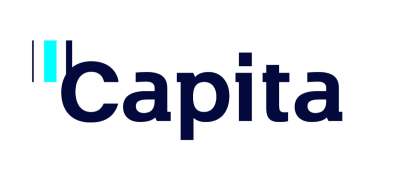
Capita has become the 8th FTSE listed company, and the first major business in consulting and services sector to be awarded the Fair Tax Mark. They have published their first Responsible Taxation report and are seeking to remove complexity in its corporate structure as part of the accreditation process.
Friendly Soap
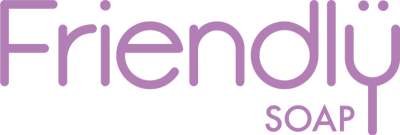
Ethical Consumer Best Buy brand Friendly Soap is the latest in a string of Yorkshire businesses to join the Fair Tax movement. This spring, the company, which is also registered with Cruelty free International and The Vegan Society, were awarded their Fair Tax Mark.
Timetastic

Manchester has taken the lead as the city with most Fair Tax Mark businesses, as Timetastic was awarded the Fair Tax Mark. Timetastic is an online staff holiday planner used by over 8,500 businesses.
Free Issue
Sign up now to our email newsletter for a free digital copy of Ethical Consumer magazine.
